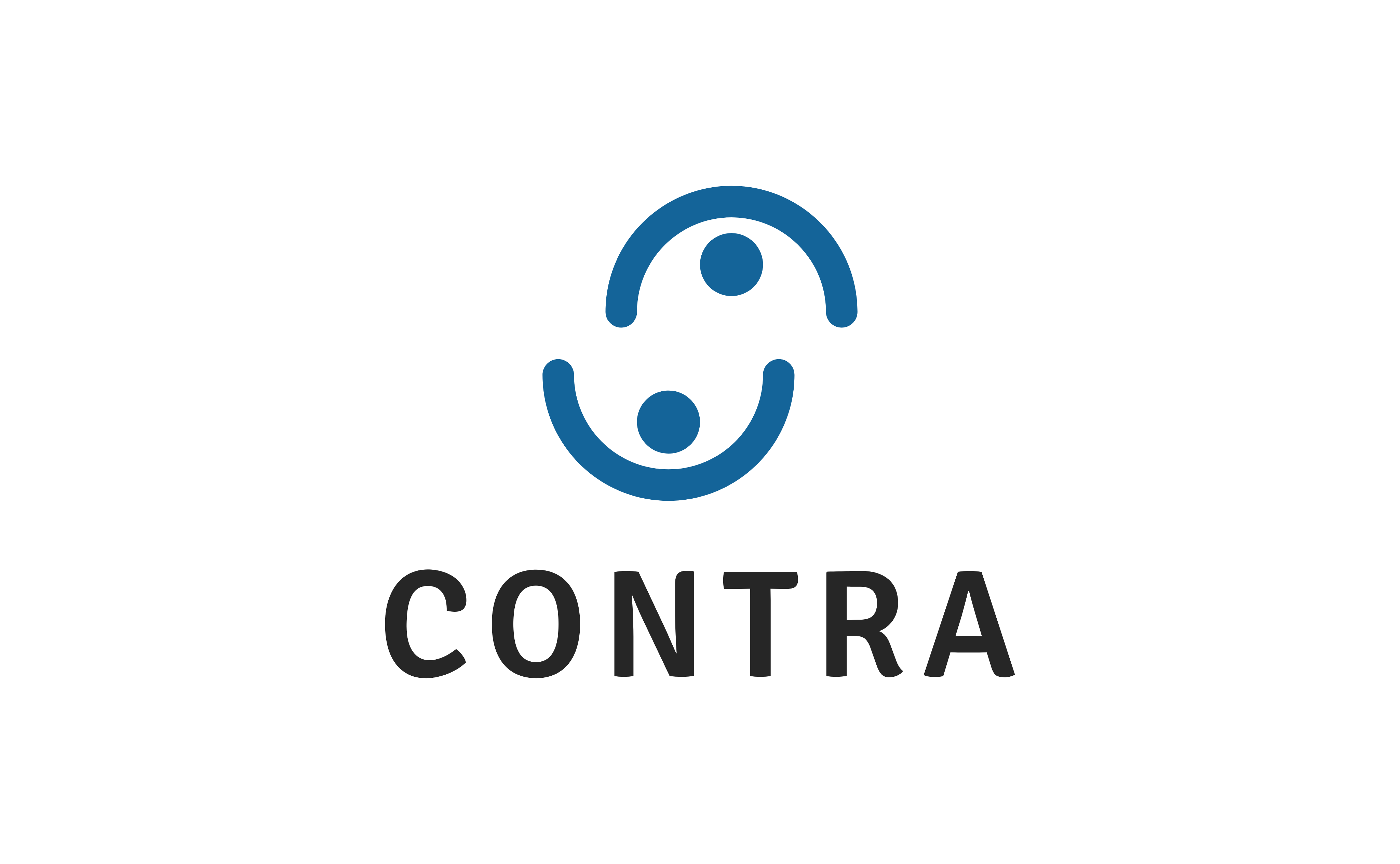
The field of algorithmic trading offers an exciting career path, blending finance with cutting-edge technology. For those drawn to the dynamic world of the stock market and intrigued by the power of algorithms, a career in algorithmic trading can be both fulfilling and lucrative. This blog post outlines the roadmap for building a career in this innovative field, highlighting the essential skills, educational pathways, and job market trends.
- Essential Skills for Algorithmic Traders: To excel in algorithmic trading, a combination of quantitative skills and programming expertise is crucial. Proficiency in programming languages such as Python, R, C++, and Java is essential for developing trading algorithms. Additionally, a strong foundation in mathematics, statistics, and machine learning is vital for creating predictive models and analyzing market data. According to the Financial Times, the demand for quants with Python skills has notably increased in recent years, reflecting the industry’s evolving technological needs.
- Educational Pathways: A background in finance, economics, computer science, mathematics, or engineering is typically preferred. Many successful algorithmic traders have degrees in quantitative fields. Moreover, specialized courses and certifications in financial engineering, computational finance, and data science can provide an edge. The CFA Institute’s report on the future of finance highlights the growing importance of interdisciplinary skills in the financial sector.
- Job Market Trends: The algorithmic trading market is experiencing significant growth. A report by the Algorithmic Trading Market Research (2020) forecasts a compound annual growth rate of 10.3% from 2020 to 2025. This growth is driven by technological advancements and increasing digitization in the financial sector. Job roles in this field include quantitative analysts, algorithmic trading developers, risk managers, and trading system researchers.
- Gaining Practical Experience: Practical experience is highly valued in the field of algorithmic trading. Internships at financial firms, participation in trading competitions, and personal trading projects can provide hands-on experience. Websites like Quantopian offer platforms for aspiring traders to develop and test their algorithms.
- Networking and Continuous Learning: Staying updated with the latest trends and technologies is vital. Attending industry conferences, joining professional groups, and following influential traders and institutions on platforms like LinkedIn can provide valuable insights and networking opportunities.
Conclusion
Building a career in algorithmic trading requires a blend of technical skills, financial knowledge, and practical experience. As the field continues to evolve with technological advancements, continuous learning and adaptability are key to success. For those with a passion for finance and technology, algorithmic trading offers a challenging and rewarding career path.
References
Financial Times. (2019). Demand for Quants with Python skills.
CFA Institute. (2020). Future of Finance Report.
Algorithmic Trading Market Research. (2020). Algorithmic Trading Market Growth Forecast.

Leave a Reply